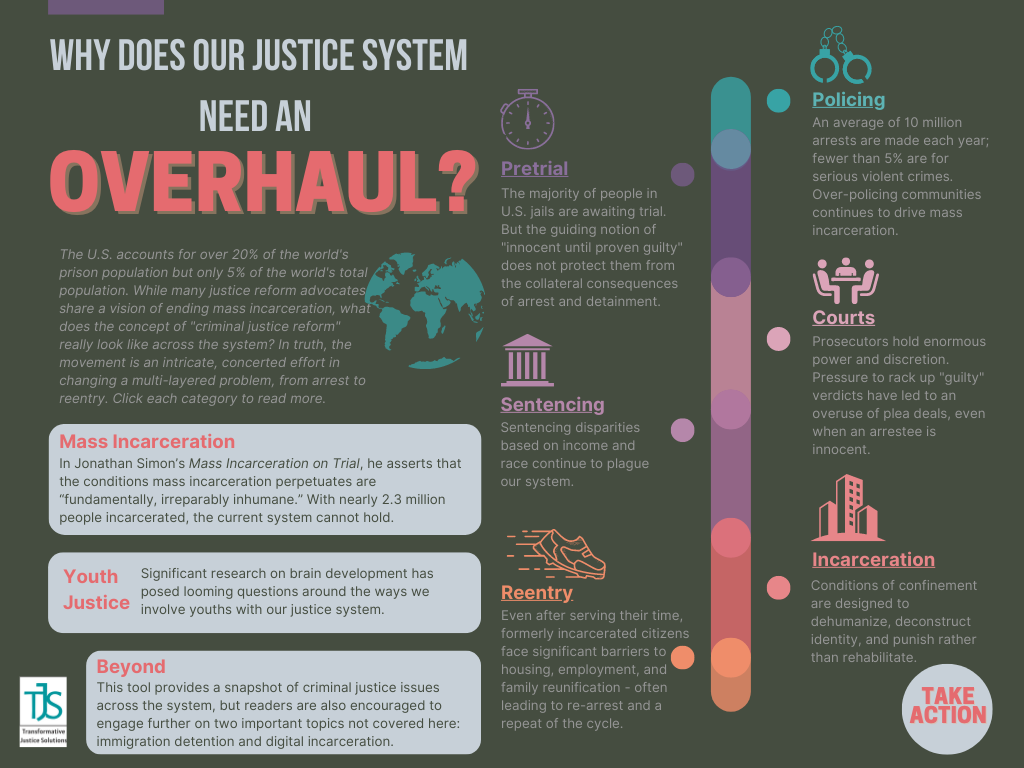|
It's #SecondChanceMonth and I want to share a little bit about why I'm an ally in prison reform.
People ask me these questions a lot. "Why criminal justice reform? Have you been to prison? Have you had family members in prison?" The answer to those questions is no. I don't have to have personal experience to be an ally or care about human rights. I was born with a lung disease and had a double lung transplant at age 22. I grew up with acute awareness of my mortality and a questioning outlook on powerlessness, injustice, and human suffering. I feel empathy with anyone who feels like they don't have autonomy over their body. I know what it's like to be born into something that, in many ways, can determine the course of your life for you. In college, my roommates and I threw a party on Halloween. Every house down and around the block was throwing parties. But our party, in a rural New York college town where most residents and students were white, was mostly attended by Black students and people of Color. Guess what? Nothing out of control happened. Everyone was respectful. No one was wildly drunk or using drugs or fighting. Yet - we were the ONLY party to get broken up by the police. When you start questioning power dynamics, you start seeing the people who are actually under its thumb. After my transplant, I began volunteering to tutor returning citizens in reading and GED prep, and their stories hit me like a ton of bricks. People who grew up five minutes away from me had been born into very different circumstances. I kept digging and learning more, reading about mass incarceration, solitary confinement, plea deals, disparate prosecution rates by race and income, and the correlation between literacy and incarceration. The more I worked with the incredible, resilient people affected by the system, the more I learned how deeply it destroys families and communities. And this cause won me over. I got my Masters in Criminal Justice and committed my career to it. Now when people ask if I'm personally affected by the criminal justice system, I say yes. I say yes because my neighbors are, my friends and coworkers are, the people I'm rooting for are. I say yes because our future children very well may be, and none of us should be immune to someone else's suffering. I say yes because, as MLK once said, an injustice anywhere is a threat to justice everywhere.
0 Comments
The U.S. accounts for over 20% of the world's prison population but only 5% of the world's total population. While many justice reform advocates share a vision of ending mass incarceration, what does the concept of "criminal justice reform" really look like across the system? In truth, the movement is an intricate, concerted effort in changing a multi-layered problem, from arrest to reentry. This multi-layered, clickable tool allows you to explore the various corners of the criminal justice advocacy world. While it only scratches the surface, it offers a bird's eye view on how various parts of the system interact and add up to disparate and unjust outcomes that neglect the underlying causes of crime and violence. Want more content like this? Check out our Subkit subscriptions.
"So what do you do with all the murderers? Let them apologize and walk free?" My Uber driver glanced up at me through the rearview mirror. It was 6am, I was bleary-eyed and on my way to the airport, and all I had done was answer that tiresome What do you do? question we all encounter in D.C. I should have replied that I work in floristry or something soothingly apolitical. He'd definitely had more coffee than me at this point, so in that sense I was surely outmatched. But I always feel an obligation to engage. These are the go-to questions I run into whenever someone hears the word Decarceration.
I've worked with many prison abolitionists who dream of a "world without prisons." This notion is what skeptics often balk at. They ask, How will we control crime? How will we punish? How will we enact justice? Do abolitionists dream of a world without consequences? Opponents of this concept conjure Jeffrey Dahmer and Ted Bundy or the latest nightly news report to really drive home their point. I'm not taking a specific stance on prison abolition at the moment, but I do want to talk about its less drastic cousin: decarceration. This goal, "a world without prisons," does not mean an immediate release of everyone in custody, nor is it a pie-in-the-sky hope that everyone will one day be "good." What it is actually about is shifting our mindset about what justice looks like, stepping out of our crime and punishment model. Decarceration envisions a future where our first response to crime is not putting people behind bars but exploring alternatives. A teenager who is selling drugs can be diverted from the system, and this will change the trajectory of his future. A mother with substance use disorder convicted of theft can be sent to treatment instead of a system that exacerbates her trauma, harshening the cycle of addiction. Those who aren't in this field often seek simplification, a black and white approach. Good versus evil. Batman versus Joker. But the reality is that people are exceedingly complex. I have never reviewed a case study that was straightforward, and our approach to crime and punishment has not caught up with modern behavioral science or psychology. I met a man who spent two decades in a supermax facility. The system classified him into a group of young men labeled "incorrigible," essentially meaning he could not and would not change. He had grown up around violence, witnessed shootings and murder from a young age, and fought constantly, which led to multiple assaults. He was incarcerated under the Three Strikes laws. No one had ever diagnosed his PTSD, a condition that can hijack your prefrontal cortex, blocking your ability to make reasonable decisions. Instead, when a trigger happened, his reptilian brain kicked into gear, and his trauma response was to fight. Not until he got treatment for his PTSD did he self-actualize; now released, he is employed full time, has been married seven years, and is studying for his law degree. I don't want to idealize his healing journey; while I believe it's possible, it won't be the case for everyone. The underlying argument, however, points to the fact that punishment did not change his behavior -- treatment did. Decarceration is a mindset that looks at other solutions beyond our current paradigm, shifting away from mass incarceration and punitive approaches to justice. Instead of amplifying the harm to families, communities, and generations through incarceration, what solutions can we employ to foster healing in a way that restores victim, offender, and community? What can we do to intercept criminal behavior before it escalates to violence? Decarceration also looks to eliminate policies that criminalize homelessness, mental illness, addiction, crimes of poverty, and systems which lean on bail-operated pretrial detention and favor those with wealth. If the word decarcerate forces an uncomfortable feeling in your chest, I encourage you to explore that. Ample studies have proven that mass incarceration does not make us safer. In fact, there are multiple other approaches that are markedly more successful than "locking people up." A shift in our systems begins with idea; an idea well-explored can begin to shift our mindsets; and once we can think differently about our social problems, we might just find better solutions. |
What we're aboutCheck back for posts on leadership, program development, and criminal justice. Archives
January 2024
Categories
All
|
Photo from shixart1985



 RSS Feed
RSS Feed